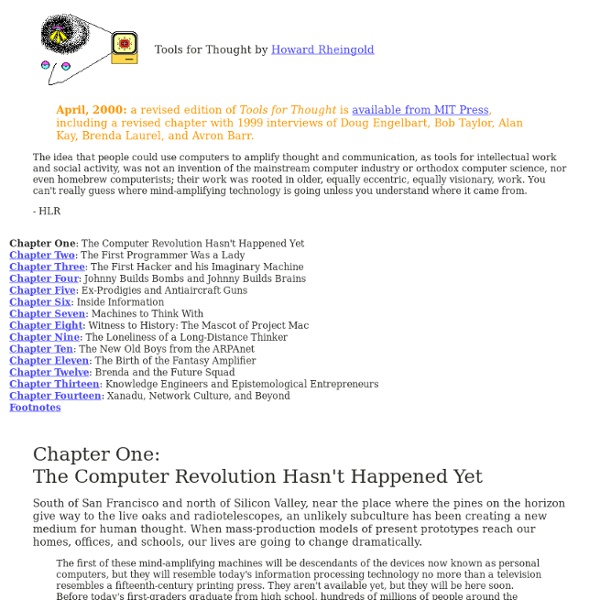



A Quotation Reading someone’s Gmail doesn’t violate federal statute, court finds In a case decided on Wednesday, the South Carolina Supreme Court ruled that accessing someone’s online e-mail without their permission doesn’t violate the 1986-era Stored Communications Act (SCA). Though they differed in their reasoning, the justices were unanimous in ruling that e-mail stored in the cloud (like Gmail or Yahoo Mail) does not meet the definition of electronic storage as written in the statute. This new decision creates a split with existing case law (Theofel v. Farey-Jones) as decided in a 2004 case decided by the Ninth Circuit Court of Appeals. That decision found that an e-mail message that was received, read, and left on a server (rather than being deleted) did constitute storage "for purposes of backup protection," and therefore was also defined as being kept in "electronic storage." Legal scholars point to this judicial split as yet another reason why the Supreme Court (and/or Congress) should take up the issue of the Stored Communications Act.
Online viewer for PDF, PostScript and Word Blog Today we are releasing no less than four new features: Bulk actions on clips: publish, delete, tag, mention, or add to a board. Note taking: make rich text notes and to do lists. File drag-and-drop: copy image and text files from your computer in one fell swoop. An improved clipper UI: easier on the eyes and one step closer to mind reading. Editing multiple clips in Edit Mode Since each of these features is worthy of its own dedicated post, we're going to spread out the details over the next few days. From a perception perspective, note taking and drag-and-drop are, perhaps, the two more notable features because they change what you can clip and where you can clip it. Adding a new note on Clipboard Clipboard now support drag and drop A while back, we extended the notion of a clip to include bookmarks, screen grabs, and text snippets. We've also overhauled the Clipper interaction
concepts/internet and web/the history of the web - WebPlatform Docs Summary Where shall I begin, please your Majesty? Begin at the beginning, the King said gravely, and go on till you come to the end: then stop. Alice’s Adventures in Wonderland; Lewis Caroll Everything has to begin somewhere, so let us start with a focused history lesson. If any terms are unfamiliar to you, do not worry: if they are important for learning web development they will be defined in the later articles that go into more depth on each subject, and you can always search them out using your search engine of choice! This article is also translated into Serbo-Croatian. The Internet’s Origins On the fourth of October in 1957 an event occurred that would change the world. This event led directly to the creation at the US Department of Defense of the Advanced Research Projects Agency (ARPA), due to a recognized need for an organization that could research and develop advanced ideas and technology. The Creation of World Wide Web Gopher was created by the University of Minnesota. See also
Free Software Resources Skip to content, sitemap or skip to search. You are here: Home › Resources As part of our efforts to promote software freedom, we collect and organize information provided by our supporters that will be of use to people who want to use free software effectively or to persuade others to use it. Resources for using free software Free Software Directory A searchable directory of over 6,500 free software packages. Free GNU/Linux distributions Full operating systems that are recommended by the FSF because they are exclusively free software. Hardware that supports free software Get information about hardware support for free software. Service Directory A directory of people offering their free software services for hire. Free software webmail systems Get started with free software webmail systems. PDF readers Find out about free software replacements for Adobe Reader. GNU Licenses Full copies of all the GNU licenses and related resources, including FAQs and how-tos. Resources for promoting free software
OER Commons Pricing — Squarespace 6 How long are your contracts? Squarespace plans are paid monthly or yearly. We make it simple to start — and stop — your service at any time. Is there a discount for yearly service? Yes, we offer discounts on up-front long-term commitments. Do I need another web host? No. Can I download Squarespace? No. How do I accept payments with Squarespace commerce? Squarespace is tightly integrated with Stripe for accepting payments directly to your bank account. How much does it cost to process payments through Squarespace Commerce? While Squarespace does not charge transaction fees on purchases through our commerce products, Stripe, the payment processor integrated with Commerce, charges a low, market rate for processing charges. Do you offer student pricing? You can learn more about our education program here. How do I sign up? You start with a free trial. How do I cancel service? Canceling Squarespace is an easy and no-questions-asked process. Can I switch plans? What is meant by unlimited? Yes. Yes.
The Sphinx Thesis Resource (sphinxtr) 2.1 Headings The title of this chapter, "Typography", is the first heading level. This section, "Headings", is the second level. 2.1.1 Third-level The third level heading. 2.1.1.1 Fourth-level The fourth level heading. 2.1.1.1.1 Fifth-level The fifth level heading. Rubric Heading A rubric heading is just a paragraph heading without document structure. 2.2 Text You can make emphasized text. You can make bold text. You can make fixed-width font. You can make block quotes: this is a block quote You can make code blocks: Some convenience substitutions are defined in the epilog: e.g. You can have inline superscript or subscript text. Big quotes, also known as an epigraph: Your avatar can look any way you want it to, up to the limitations of your equipment.